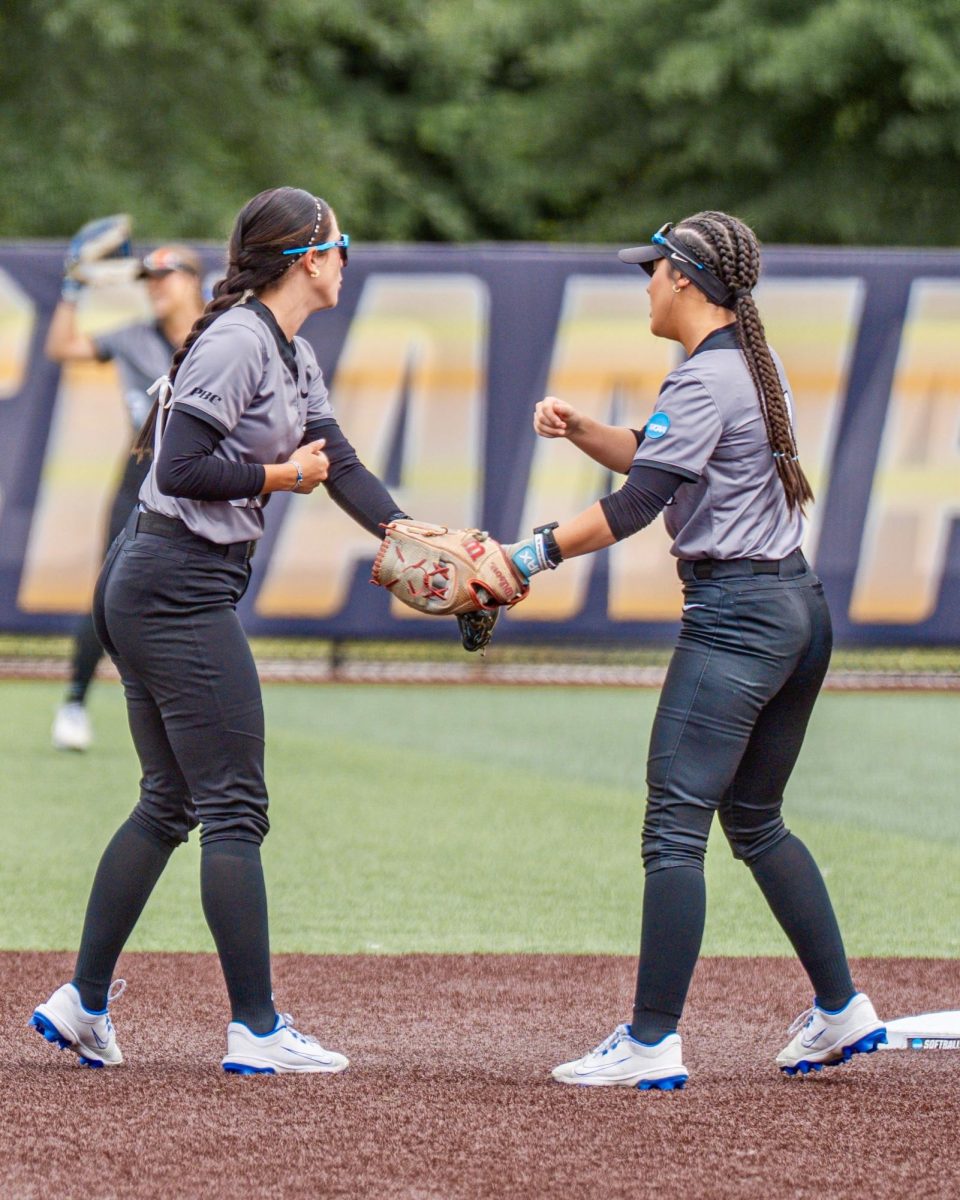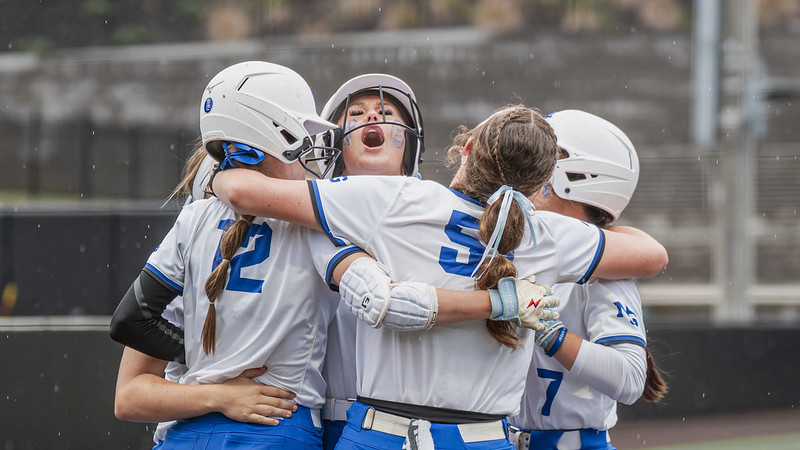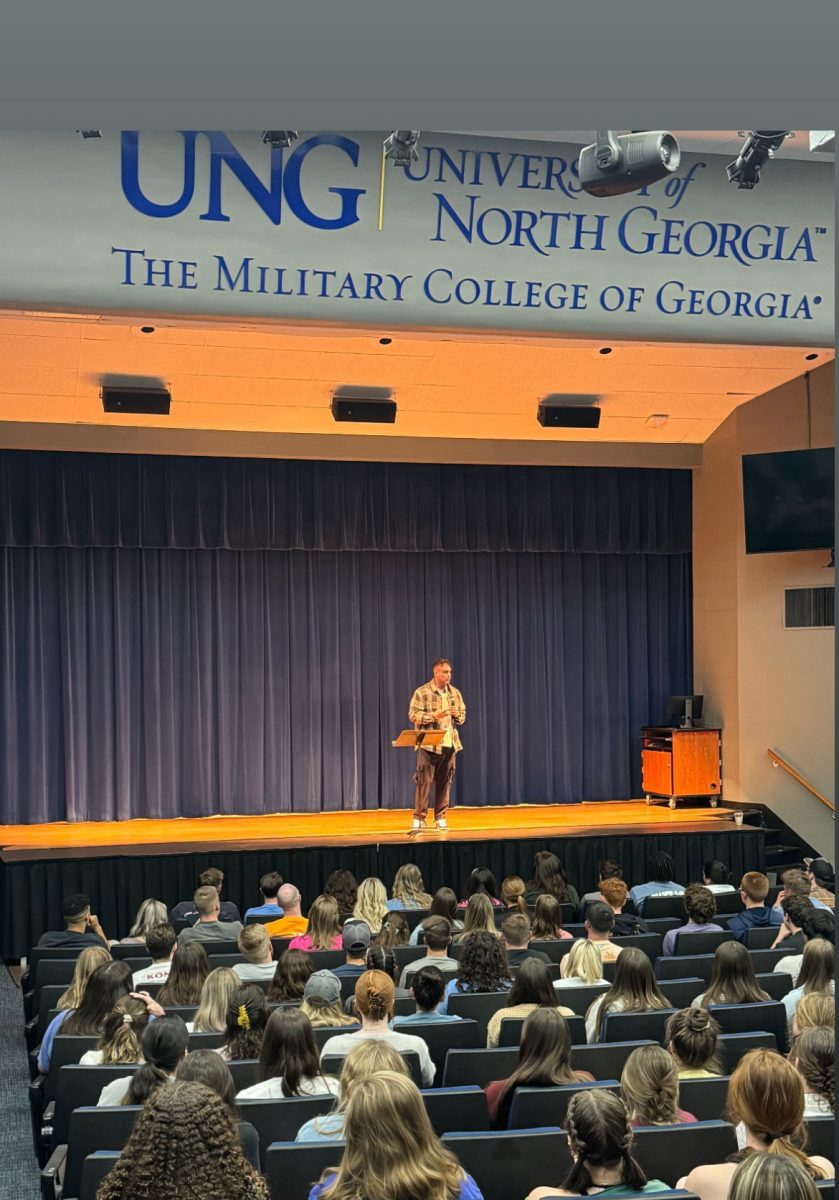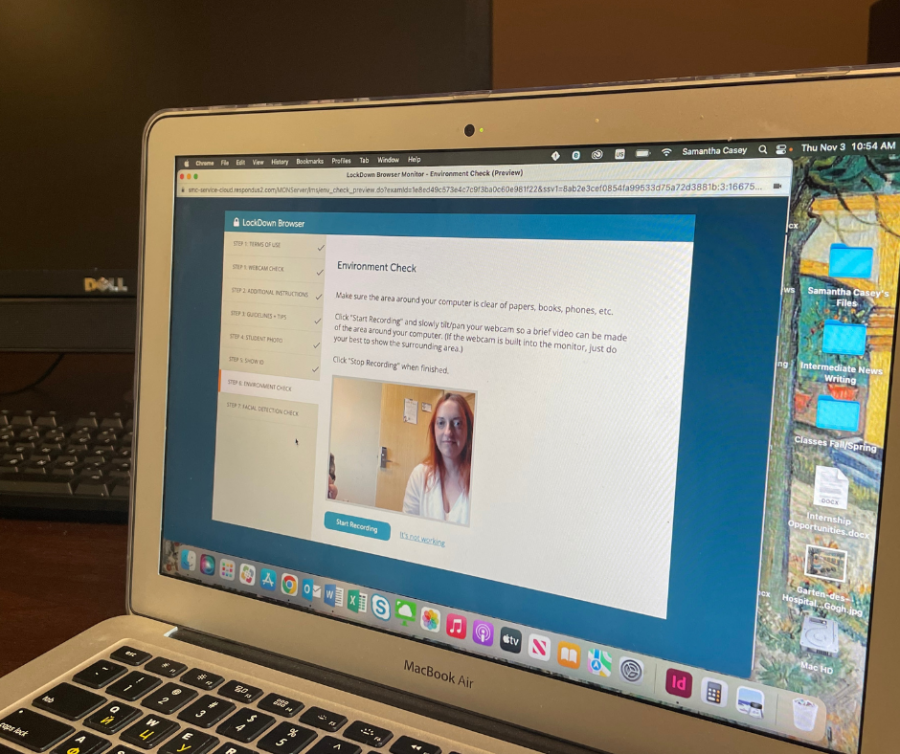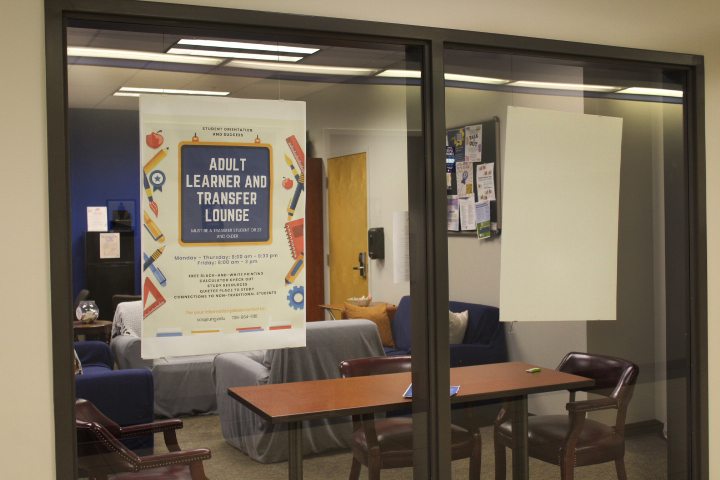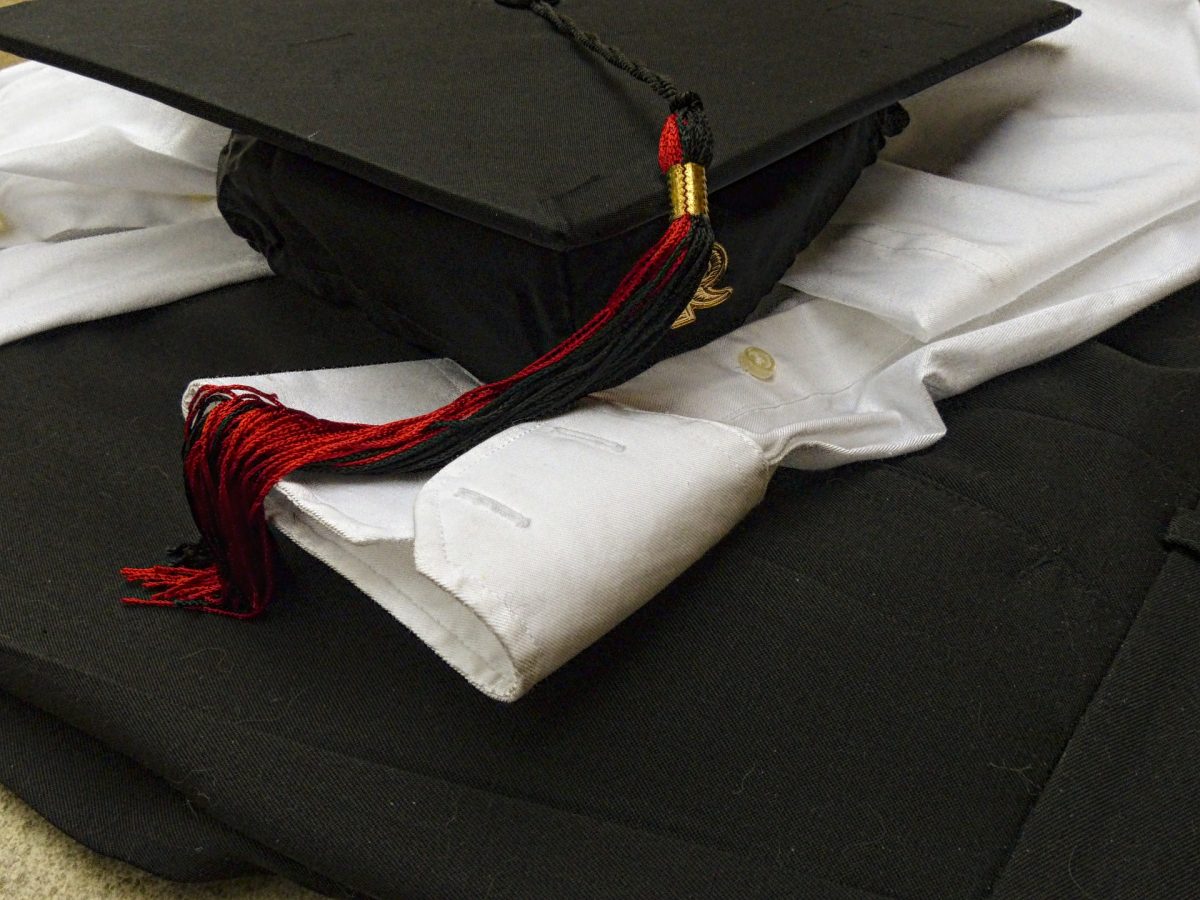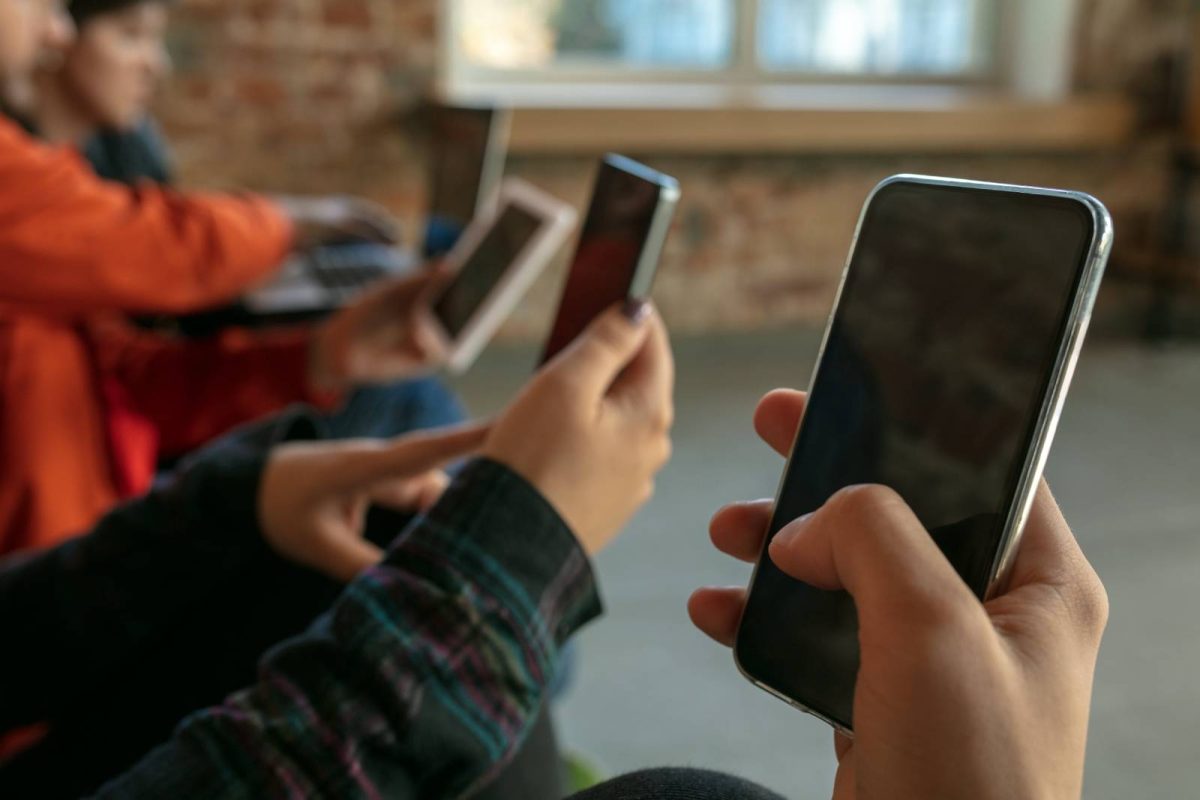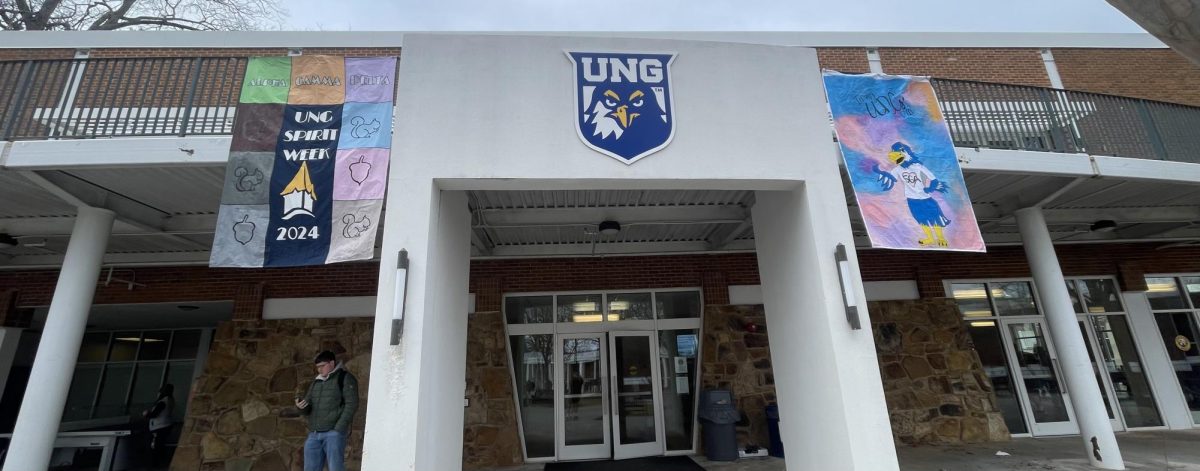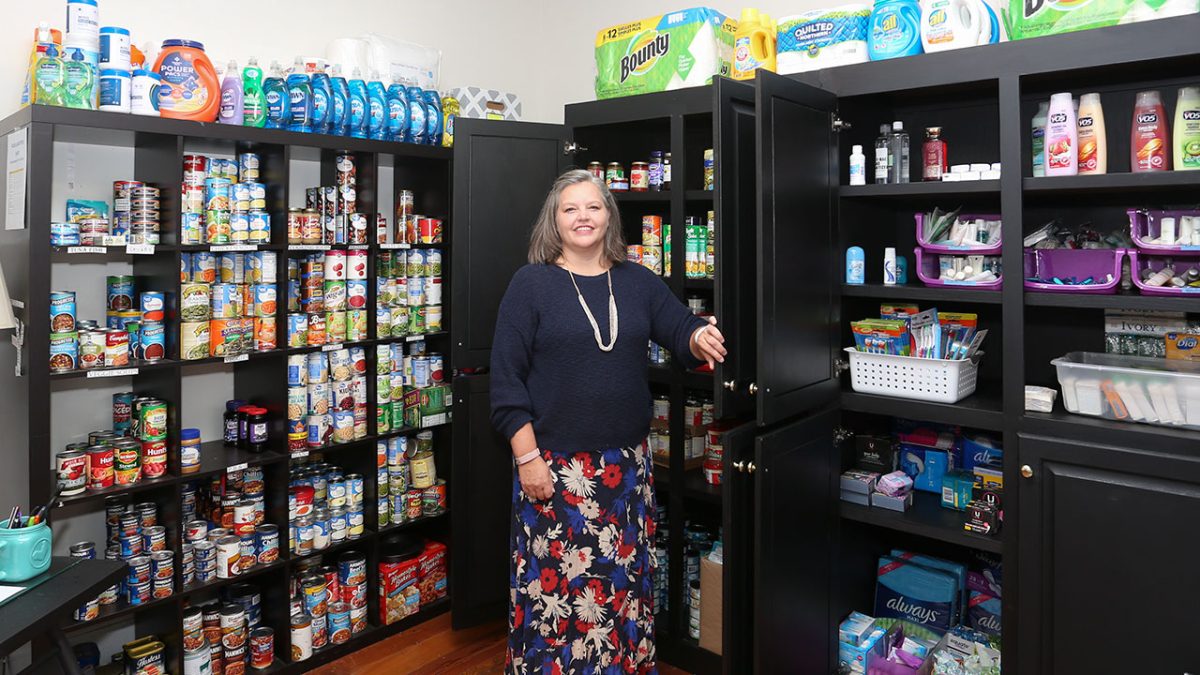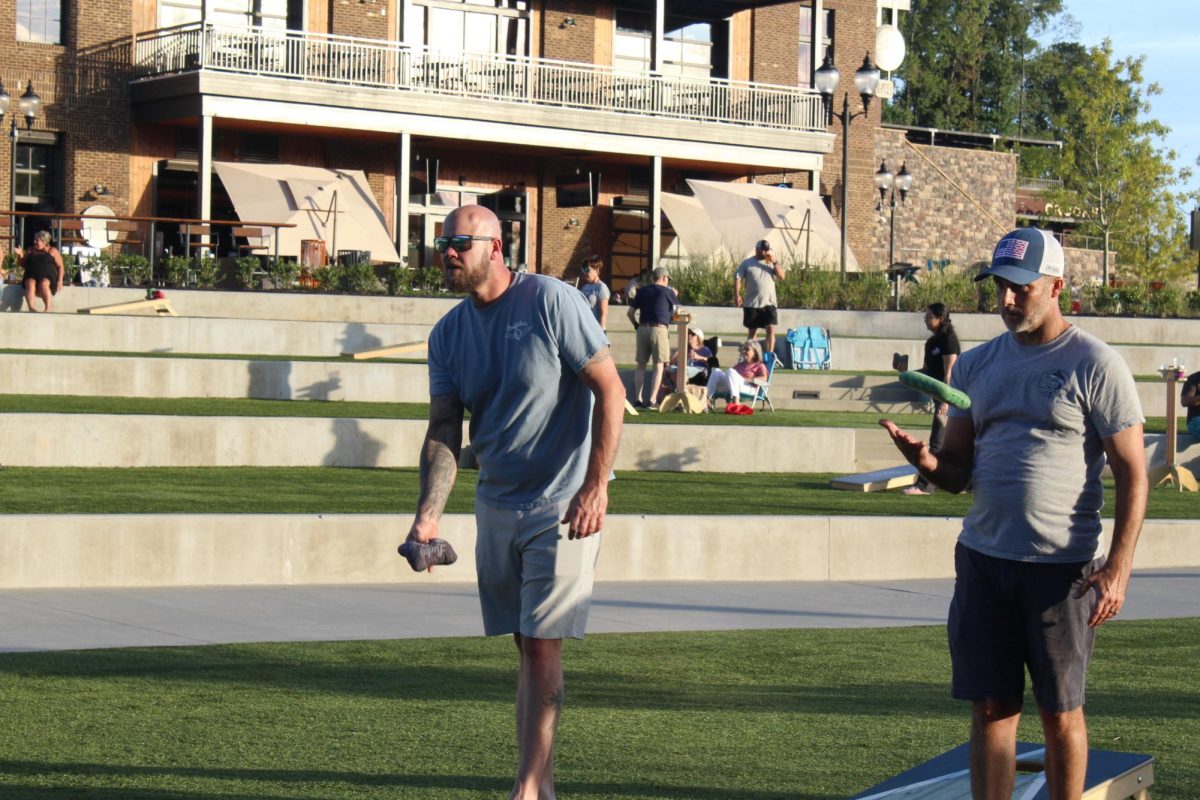A judge in Ohio ruled that scanning students’ rooms to take an online test is an invasion of their privacy and a violation of the fourth amendment, which is protection against unlawful searches of homes in the United States.
According to court documents, Aaron Olgetree, a student at Cleveland State University, decided to sue their school after being forced to scan their room via Honor Lock and Respondus. At first, their teacher had stated in their syllabus that it was required. The policy said, “The proctors and I reserve the right to ask any student, before, during, or after an exam to show their surroundings, screen, and/or work area. We will send you a private chat to ask you to do this. If you do not see the chat message, I will use the microphone to ask you to check the chat.” However, this policy was removed from the syllabus three days later.
Owen Langford, a Communications major, says he understands the notion, but if teachers require a proctored test, they should advise students to go to a testing center. He agrees that being made to scan a student’s room is an invasion of privacy. Nonetheless, he says that he wouldn’t sue the University of North Georgia over it, since he doesn’t have anything to hide and doesn’t care to.
“I don’t think a teacher or school should be able to look into your room, it’s a private space.” – Owen Langford
On the other hand, with Cleveland State offering many online programs, their online proctoring services are used to prevent cheating and to verify the student’s identity. In a situation where a test is proctored, the proctor asks the student to verify their identity using a form of identification, perform a scan of the room, and then begin the test. If a student, refuses to scan their room, they may still take the test, but their teacher would be informed.
Professors seem to be unaware of the ever-changing situation with this court case and its potential effects on the UNG community. Ryan Thames, a professor at UNG, said, “I’ve never used Respondus or any of the other proctored test options, so I’m not even sure what scanning a room via Honor Lock means.”
Samantha Peko, a professor at UNG, uses Lockdown Browser for her classes. She said, “The reason I use Lockdown Browser is because the university requires that you do some sort of proctoring with online tests.” This service helps her verify her students identities to avoid cheating and is free of charge. UNG gives teachers the option to have students go through Proctor University and in-class proctoring.
The downside to these options are Proctor-U will charges students and in-class proctoring would defeat the purpose of a class being online. She understands that during the summer months, students are usually busy with other priorities including jobs and internships. She said, “I’m teaching online so students can be anywhere…so it’s like do I really want to require them to come to the campus?” Peko sees that having to scan your room can be considered an invasion of privacy, but thinks it’s apart of the system to prevent cheating.
“Now that I think about it, it is kind of scary because it would do the environment check. It even said that it would record students like there’s an option that can send me back videos so I can watch the students taking the test.” – Samantha Peko, Journalism Lecturer at UNG
Students on social media are encouraging others in the U.S. to “stand up against… school’s unconstitutional regulations.” With the judge ruling in favor of the plaintiff, this case could affect how UNG handles proctoring online exams.






